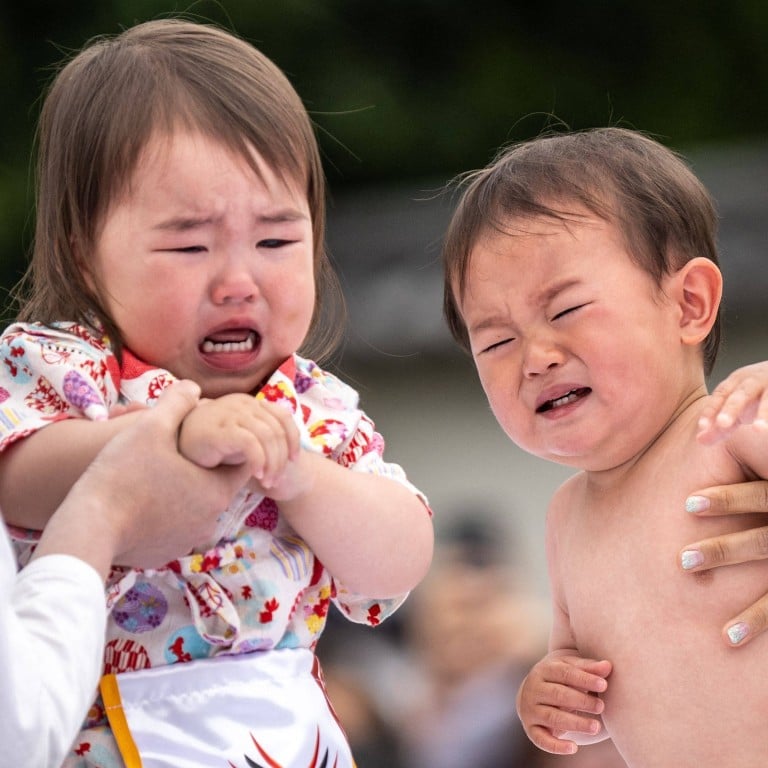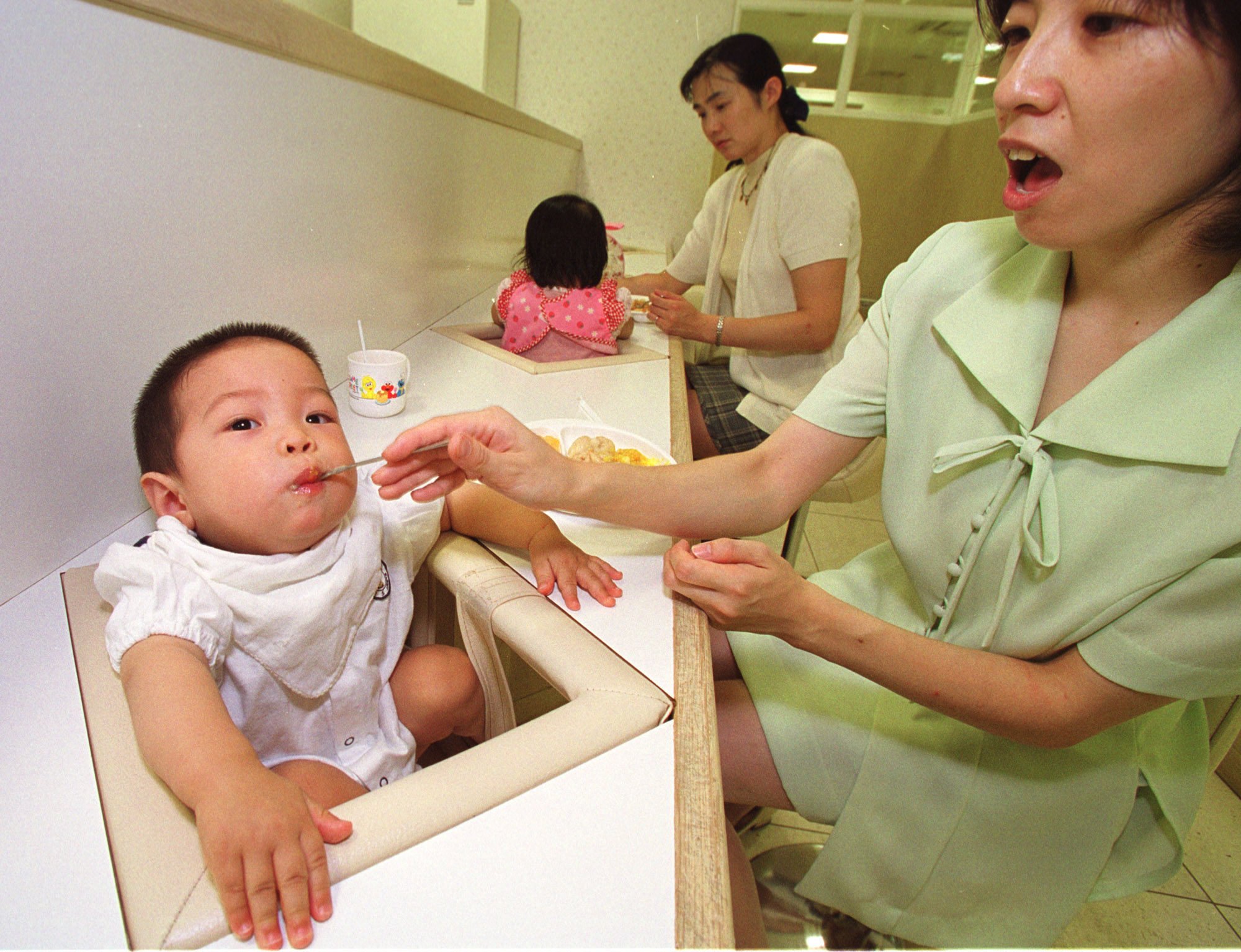
Diaper dilemma: Japan firm switches to adult nappies, ditches baby products amid demographic crisis
- Given declining birth rates, diaper maker Oji Nepia is shifting its focus to diapers aimed at the country’s rapidly growing elderly population
- The company sold around 700 million nappies a year for babies as recently as 2001, it said, but that had fallen to just 400 million units last year
In a statement published on Monday, Oji Nepia, a subsidiary of paper-product giant Oji Holdings, announced that it will stop manufacturing nappies for babies at its domestic factories in September.
The company will no longer produce its Whito and Genki! brands of baby nappies, the company said, because of dramatically declining demand. The company sold around 700 million nappies a year as recently as 2001, it said, but that had fallen to just 400 million units last year.

Last year also saw more than 1.59 million deaths in Japan. In 2022, children under the age of 15 accounted for less than 12 per cent of the total population, while nearly 30 per cent were aged 65 or older.
Instead of meeting babies’ needs, Tokyo-based Oji intends to shift its focus to the other end of Japan’s population spectrum, saying in the statement, “Going forward, we plan to strengthen production of adult disposable diapers, for which demand is expected to increase in Japan.”
Elon Musk hits a nerve with tweet saying Japan will ‘cease to exist’
On a gradually declining trajectory since reaching a peak of 128.1 million in 2010, Japan’s population presently hovers around 125 million but is forecast to shrink to a mere 88 million in 2065.
Successive governments have proposed a wide range of measures to encourage couples to have more children, including greater financial support and additional parental leave, but it appears the authorities’ appeals for people to procreate are falling on deaf ears.

